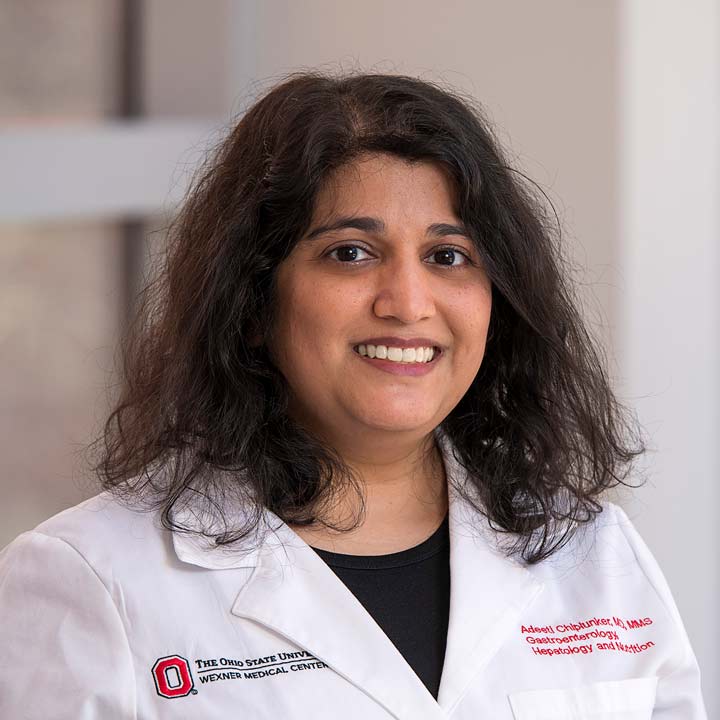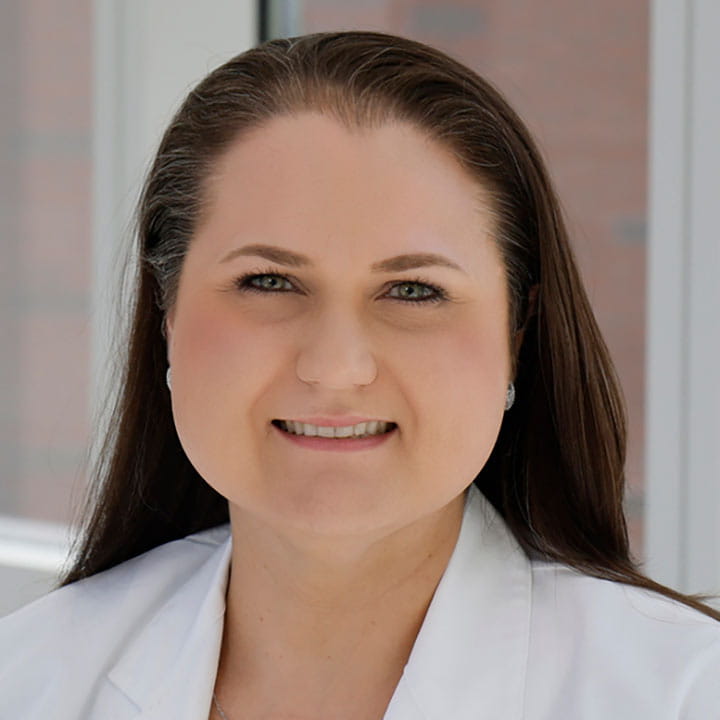
Madalina Butnariu, MD
- Gastroenterology
Ulcerative colitis is an inflammatory bowel disease (IBD) of the lining of the rectum and colon.
Ulcerative colitis is classified based on disease location: ulcerative proctitis (inflammation in rectum alone), proctosigmoiditis (inflammation in rectum and sigmoid colon) or pancolitis (inflammation in the entire colon). Ulcerative colitis can become suddenly acute and severe, and can require hospitalization, close monitoring, appropriate medical therapy and potentially even surgery, as it can become life-threatening.
Ulcerative colitis usually starts between the ages of 15 to 30, and symptoms often develop gradually over time, rather than suddenly. The most common signs and symptoms are rectal bleeding and diarrhea.
Other symptoms may include:
Experts aren’t yet sure what causes ulcerative colitis, but it could be triggered by an immune system overreaction to normal bacteria in the digestive tract. The abnormal immune response may cause the immune system to attack healthy cells in the digestive tract in addition to what it perceives is an invading virus or bacterium.
At one point, diet and stress were suspected causes, but doctors have since learned that those factors may aggravate ulcerative colitis without actually causing the condition.
One risk factor for ulcerative colitis is heredity; you are more likely to develop ulcerative colitis if other people in your family have the disease. However, most people with ulcerative colitis don’t have the disease in their family medical history.
Doctors use blood tests, stool tests, colonoscopy or sigmoidoscopy, and imaging to diagnose UC.
Treatment for UC depends on the severity and location of the disease and its symptoms.
Treatments include:
Dietary changes may help reduce symptoms. A recommended diet will depend on the person’s disease location, symptoms, medications and reactions to food.
Surgery is sometimes recommended if medical treatment fails or if the side effects of corticosteroids or other medications threaten their health. Other times surgery is performed because of massive bleeding, severe illness, colon rupture (perforation) or cancer risk.













